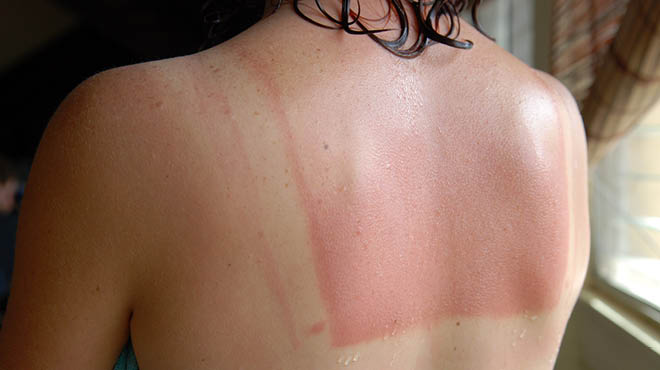Recent Posts
The ABCDEs of moles

Learning your ABCs the first time helped you read. Now they could save your life. That's because these ABCs can alert you to changes in moles that could signal melanoma — the most serious type of skin cancer.
Moles are a common type of skin growth. They often appear as small brown spots and are caused by clusters of pigmented cells. Moles generally appear during childhood and adolescence. Most people have 10 to 40 moles, some of which may change in appearance or fade away over time.
Most moles are harmless. Rarely do they become cancerous. Monitoring moles and other skin lesions patches is an important step in detecting skin cancer, especially malignant melanoma.
The first signs of melanoma are usually a change to an existing mole or a new skin growth. They're usually found on skin that has seen a lot of sun, like your face, scalp, arms, back or calves. However, melanoma can be found in areas that are not exposed to the sun.
Your best chance of beating melanoma is to catch it early.
This ABCDE guide can help you determine if a mole or spot may indicate melanoma or other skin cancers:
- Asymmetrical shape: One half is unlike the other half and not round or oval
- Border: Notched, irregular or scalloped borders
- Color: Multiple colors, changes in color or uneven color
- Diameter: Larger than 1/4 inch or a pencil eraser
- Evolving: Change in size, shape, color or height; new signs and symptoms, such as itchiness, tenderness or bleeding; or nonhealing sores
It's important to watch for moles that stick out or appear different than other moles. They are sometimes referred to as "ugly ducklings" and should raise your suspicion of melanoma. Cancerous, or malignant, moles vary greatly in appearance. Some may show all the features listed above. Others may have only one or two.
Check out the Skin Cancer Foundation's slideshow of the ABCDEs of moles to become familiar with atypical moles.
If you notice any of these changes, schedule an appointment with your health care team.
Learn more about skin care:
Melanie Dixon, M.D., is a physician in Family Medicine in Mankato, Minnesota, with special interest in dermatology and skin care.



